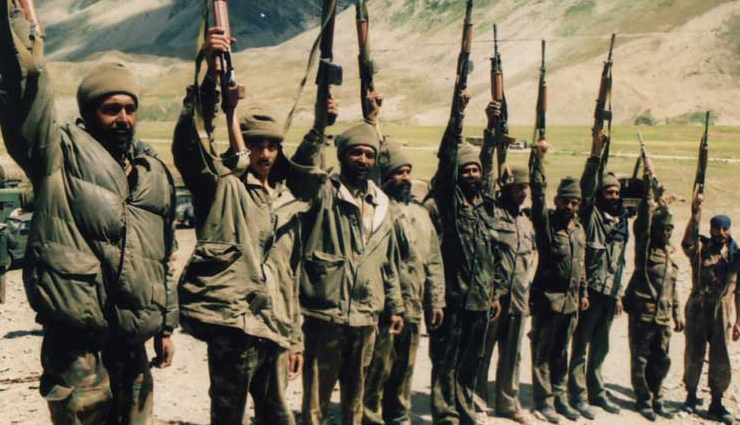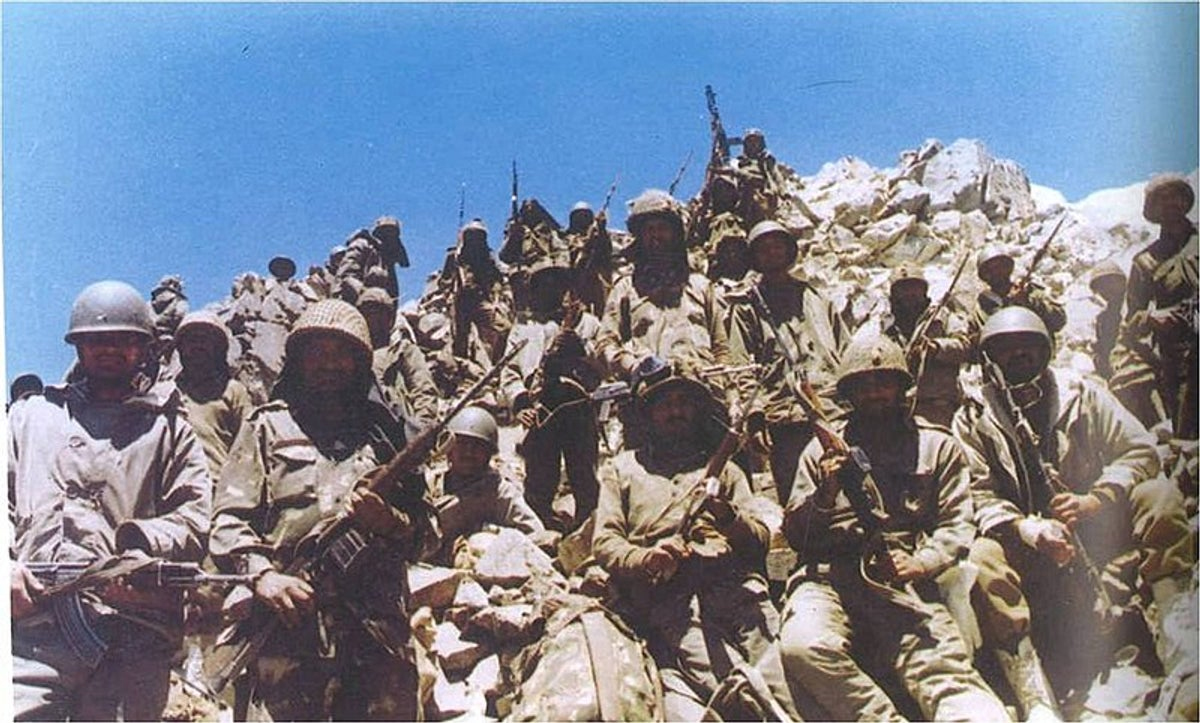Kargil Vijay Diwas 2019- 3 Lessons Pakistan Army Learn From Kargil
By: Pinki Fri, 26 July 2019 07:18:47

In July 1999, the Indian Army was engaged in a ferocious battle against overwhelming odds in the icy heights of the Kargil Sector. It was the sheer bravery of Indian soldiers that led to our success against an entrenched enemy, and it is only fitting that the victory is being celebrated on its 20th anniversary, this year.
It is, of course, another matter whether the lessons of the Kargil War, so faithfully recorded in the Kargil Review Committee (KRC), have been addressed. A number of articles have been written lamenting that many recommendations of the KRC and the subsequent Group of Ministers’ report on National Security have either been ignored or only partially implemented.
Wars are never one-sided, and in our analysis of the Kargil operations, it is also essential to study the lessons that the Pakistan Army learned from this conflict. And I am deliberately referring to the Pakistan Army and not their government, because strategic decisions concerning India are firmly in the hands of Pakistani generals.
* First Lesson
was that the Line of Control (LoC) had acquired the inviolability of an international border and that any attempt to change it by force, risked dragging Pakistan into a full-fledged war with India. The initial assumptions of the small clique of Kargil planners was that the Indian response to the intrusion would be limited and that it would force India to come to the negotiating table on the Kashmir issue. Both the assumptions were flawed, and there was massive criticism in Pakistan on the fallout of the Kargil misadventure. A Rand Corporation monograph report, titled Limited Conflicts Under the Nuclear Umbrella: Indian and Pakistani Lessons from the Kargil Crisis, quoted Shahid M. Amin, a long-serving Pakistani diplomat as articulating a “commonly held opinion” when he stated, “It is high time that the country become ruthlessly realistic about its limitations and priorities. First and foremost, Pakistan’s survival must precede everything else, including our attachment to the Kashmir cause.”

* Second Lesson
The second lesson was a result of the first. Kargil-type operations were no longer possible but a status quo on Kashmir, which suited India, was also not acceptable to the Pakistani deep state. Under these circumstances, the Pakistan Army would have to fall back on its trusted allies — the jihadis. The violence in Kashmir peaked following the Kargil war, and the number of terrorists killed doubled in the next two years, from 1387 in 1999 to 2645 in 2001. The Op Parakram mobilisation in 2002 [the mobilisation of troops launched in the wake of the December 13, 2011 attack on the Parliament] also saw little impact on infiltration of terrorists from Pakistan. In subsequent years, the Pakistan Army has calibrated the flow of terrorists into Kashmir, but only to suit its national interest.

* Third Lesson
The third lesson was on the utility of nuclear weapons. It was a commonly accepted view in Pakistan that the fear of an outbreak of nuclear war in South Asia would bring international pressure on India led by the United States of America and limit its response to terror activities sponsored by Pakistan. The Pakistan Army also saw its nuclear forces as deterring India from unleashing the full weight of its conventional superiority against Pakistan. The Indian decision to limit the conflict to the Kargil sector and not cross the LoC lent credence to this viewpoint.





